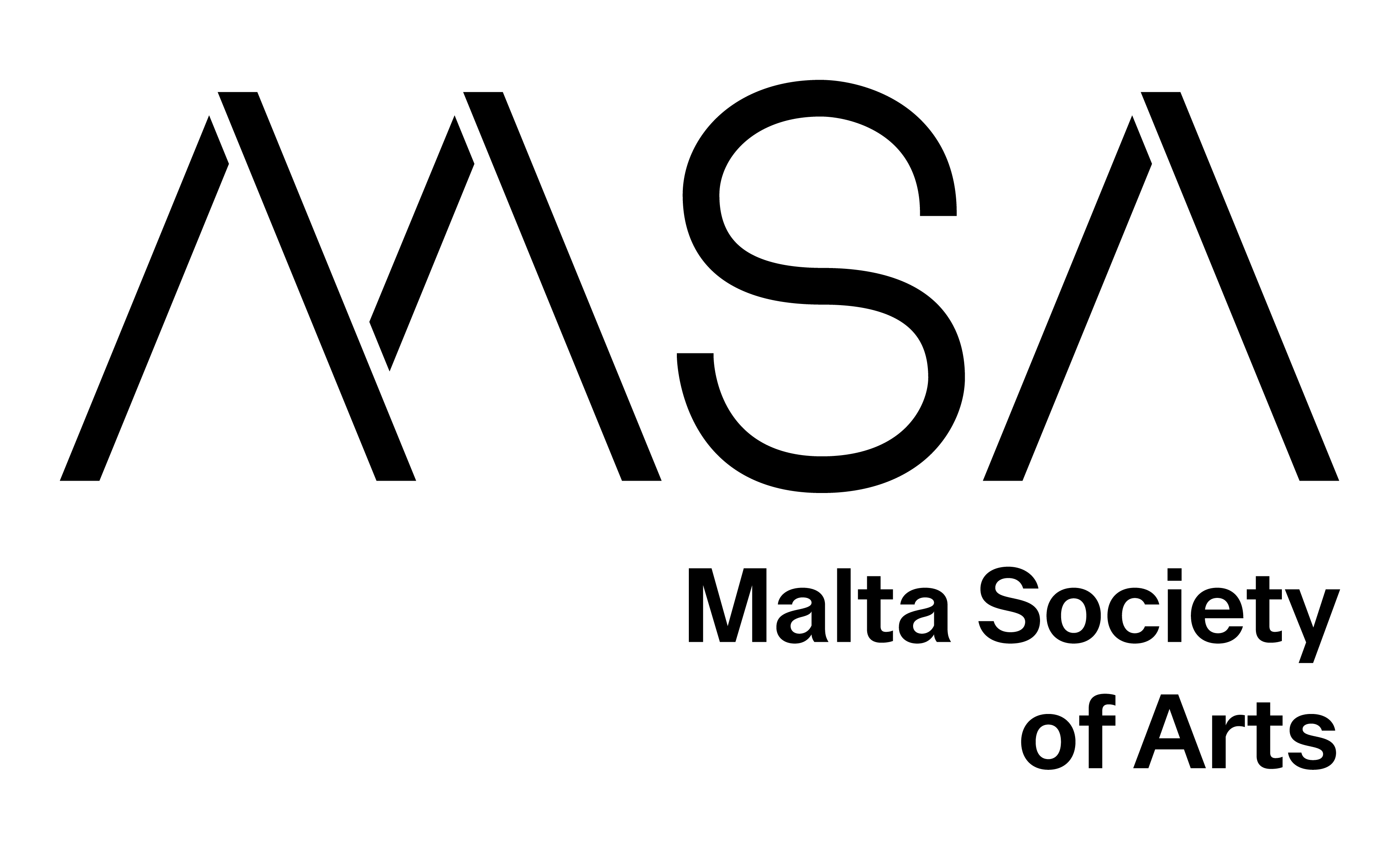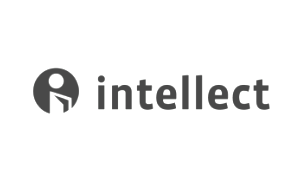Australian artist Catherine Bell mothers a piglet in her disturbing video This Little Piggy fades to pink; Slowenian artist Maja Smrekar breastfeeds a puppy in her radical work Hybrid Family. M(Other); Japanese artist Ai Hasegawa stages a cross-species pregnancy in her artistic research I wanna deliver a dolphin for which she also designs an artificial womb. And the artist group Sin Kabeza investigates a surgical transformation that would allow a male human body to carry baby marsupials in a pouch on the stomach. The relationship between “mother” and “child” in these projects always stays asymmetrical but the involved non-human animals exhibit some degrees of agency, cooperation, and resistance. Reflecting on these and other artworks that apply gendered stereotypes of care like the mother or the nurse and applying a Critical Animal Studies perspective the talk reviews gendered concepts of care and how they can be challenged in contemporary art. In my reading, the artists not so much affirm but rather decolonize traditional concepts of care. They queer the alleged naturalness of traditional ascriptions of the ‘labor of love’ by performing inappropriate interspecies intimacies with other animals. And more importantly, they help imagine post-anthropocentric multispecies families without conceiving the potential messiness of new kinships.
References:
Puig de la Bellacasa, M. (2012). ‘Nothing comes without its world’: Thinking with care. The Sociological Review 60, 197-216.
Gilligan, C. (1982). In a Different Voice. Harvard University Press.
Gruen, L. (2014). Entangled Empathy. An Alternative Ethic of Our Relations with Animals. Lantern Books.
Haraway, D. (2007). When Species Meet. U of Minnesota Press.
Haraway, D. (2015). Staying with the Trouble. Making Kin in the Chthulucene. Duke University Press.
Hrdy, S. B. (2009). Mothers and Others: The Evolutionary Origins of Mutual Understanding. University of Harvard Press
Donovan, J. & Adams, C. J. (2007). The Feminist Care Tradition in Animal Ethics. Columbia University Press.
Olivares, L. (2019). Promethean Coevolution: The Eco Monstrous Aspirations of Sin Kabeza. WEAD Women Eco Artists Dialogue 10. https://directory.weadartists.org/promethean-coevolution
Ruddick, Sarah (1989). Maternal Thinking: Toward a Politics of Peace. Beacon.
Ullrich, J. (2014). Who cares for animals. Interspezies-Fürsorge in der zeitgenössischen Kunst. In M. Rossini (Ed.), Animal Traces/Tierspuren/Traces Animales. FiguRationen, 15 (1), 78-97.
Van Dooren, Thom (2014). Care. Environmental Humanities 5, (1), 291-94. doi:10.1215/22011919-3615541.
Jessica Ullrich is professor for art history and aesthetics at the University of Fine Arts Muenster. She studied art history, fine arts and German literature in Frankfurt as well as Arts Administration in Berlin. She holds a PhD in art history and has been assistant professor at the University of Arts in Berlin and at the University Nuremberg-Erlangen as well as visiting professor at the University of Fine Arts Muenster and lecturer at the University Frankfurt and Europa University Flensburg. She has been head of the education department at Kunstpalais in Erlangen. She curated art exhibitions and video screenings in Berlin, Utrecht, and Sao Paulo. Jessica published exhibition catalogues, collections of essays, and articles mainly on modern and contemporary art and on human-animal relations in art. She is editor of Tierstudien, the German journal on animal studies.
Back







